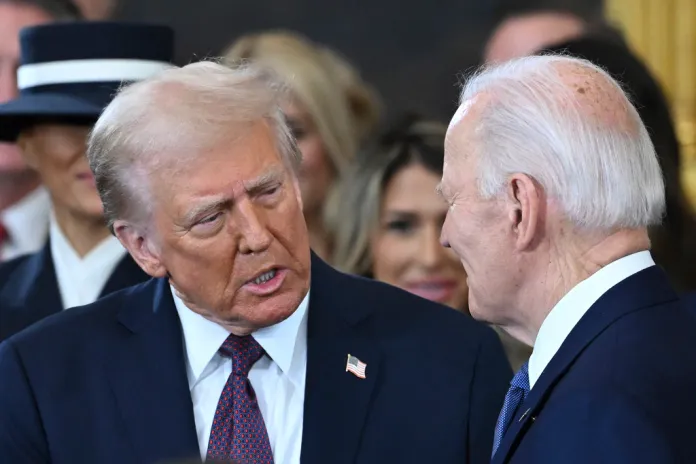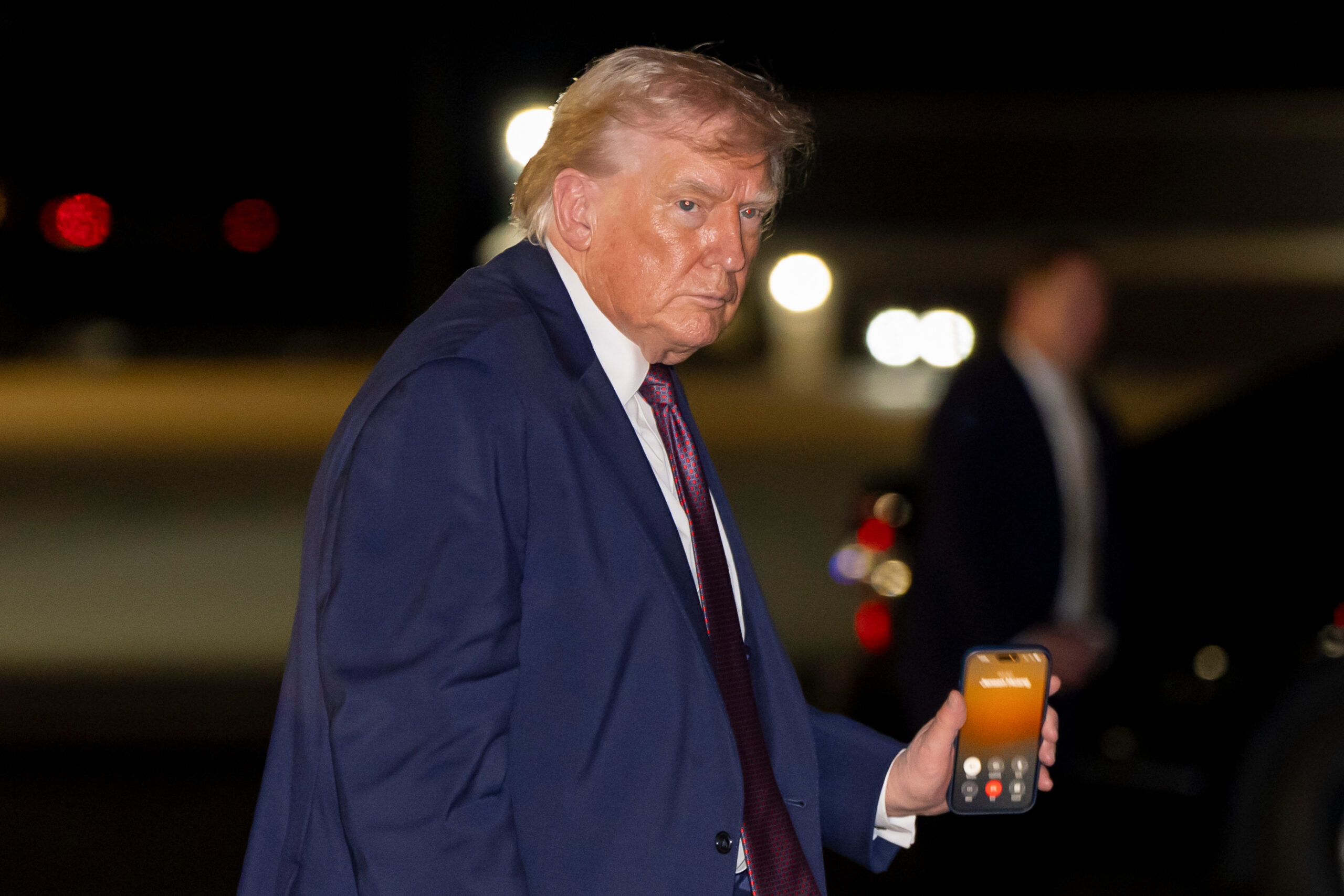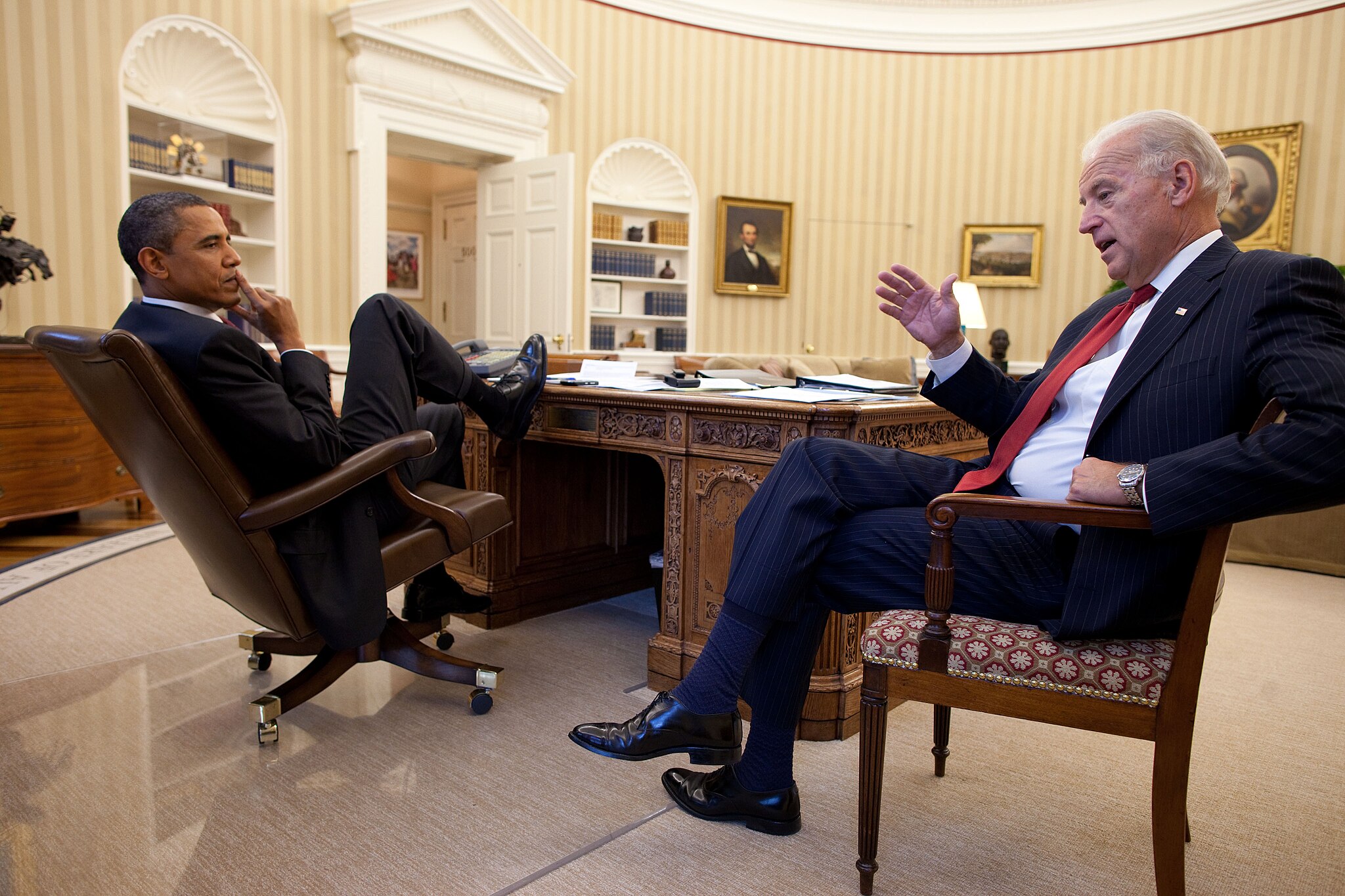Supreme Court’s Skepticism of Student Debt Cancellation Looms Over Biden Agenda
Andrew Chung, John Kruzel
WASHINGTON (Reuters)—The skepticism expressed by conservative U.S. Supreme Court justices toward President Joe Biden’s move to forgive $430 billion in student debt not only cast doubt on the plan’s fate but also signaled trouble ahead for the use of executive power to get things done in his remaining time in office.
Questions posed by the conservative justices during arguments on Tuesday over Biden’s debt relief indicated that the conservative-majority court could strike down the plan as an unlawful overreach of executive power.
The conservative justices may apply the exacting legal standard that they have used to undo prior policy actions by Biden—one that could stop him from employing executive power to enact other items on his agenda even as he deals with a divided Congress unlikely to pass legislation he wants.
The House of Representatives is controlled by Republicans, while the Senate is controlled by Biden and his fellow Democrats.
The court is due to rule by the end of June on the legality of the debt relief, which the administration argued was lawful under authority given to the executive branch by the Higher Education Relief Opportunities for Students Act, or HEROES Act. The 2003 law gives the U.S. education secretary authority to act. “waive or modify” Student financial assistance during national emergencies or war, such as the COVID-19 pandemic.
“If it (the court) indicates that it doesn’t think the HEROES Act authority extends to loan forgiveness in this context, this would be a signal that the court intends to constrain future applications of aggressive statutory interpretation by the Biden or successor administrations,” Andrew Rudalevige is a Bowdoin College professor of government in Maine.
Rudalevige said that such an outcome could have serious implications for Washington’s basic governance.
“If Congress can’t or won’t step up, and the court won’t let presidents do so, what are we left with? Governance by five justices does not seem like good government, either,” Rudalevige said, referring to the number of votes needed to win a case at the Supreme Court.
Both the presidents of each party have used executive orders or other unilateral steps to force Congress to act in their favor. Sometimes, they even went so far as to encroach on legislative authority.
Barack Obama made a comment about how he could bypass congressional gridlock when Biden was vice-president in 2014. “I’ve got a pen, and I’ve got a phone.” Obama did it on immigration and other policy issues.
Since then,
" Conservative News Daily does not always share or support the views and opinions expressed here; they are just those of the writer."




